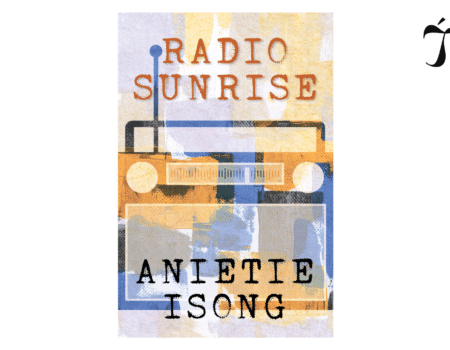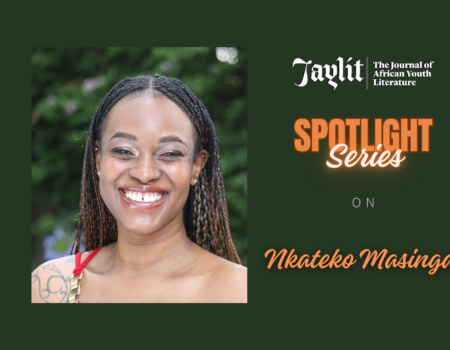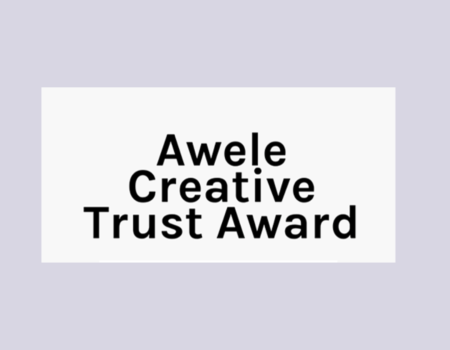I was having a conversation with my colleague some time ago. I paused and told her that I was feeling hurt. She looked at me and asked what was making me feel hurt. I told her I was feeling hurt because she and I are Blacks but were conversing in a foreign language! It is a very common habit that a lot of Nigerians cannot speak their mother tongues—indeed, a lot of Africans. But I must also say that this varies from ethnic group to ethnic group, because everyone knows, for example, that the Hausas do cherish their native language.
I was in a transit few months ago. When I finished making my call, the passenger sitting next to me asked if I was from Delta State. I said yes. He told me he was from Delta State too—from my exact same area in Delta. He told me that he could understand some of the things I was saying but couldn’t speak because his parents never spoke their native language with him and his siblings—like in many modern-day Nigeria families, the kids were raised with English language. Next, he asked, begged, me to teach him. This was a full-grown man. I told him the obvious, that he could not learn his native language instantly in a mere few hours’ transit. I directed him back to his parents to teach him.
Who is to blame for this cultural misfortune? This is what you get from hyper-civilization or globalization, or whatever name it is called these days, especially when the native ethnic groups lose all the proper indoctrination rites for their offsprings. Perhaps the most alarming thing here is that almost no one seems ready enough to change the course of things as they are.
What do you think makes majority of Nigerian parents place much value on the English language in raising their kids at the expense of their own native tongues? The answer is simple: Inferiority complex. We have continued to stay aloof, and this is not helping matters. I am always grateful to my parents for not “selling” me and my siblings away. If your parents trained you with a foreign language and you cannot speak your native language, in my opinion, they sold you away. You will never see me speak English with my siblings or mother. My siblings and I were raised with our own native language, and I am very proud of that.
Matter of fact, my parents wanted me to study English language in the university, but on my own volition I refused. I was a teenager then, but I had my (positive) rebellion with me. I told my parents that I had learnt English in the primary and secondary school, and that I did not see it as necessary to study English language in the higher institution. How many Caucasians are learning African languages, let alone speaking African languages to their children in their homes? The problem is that most parents don’t take time to teach their children their languages. All they do is to Anglicize their homes, which will always be to the detriment of the original cultures and children.

Our language is our identity and cultural heritage. If you can’t speak your language fluently, you have lost a great portion of your culture, and relatively, a sense of where you are coming from—more or less a lost Prince or Princess who cannot trace their Kingdom. We need to ask ourselves this question: Had the owners of the English language not developed it, would it have been recognized, let alone become so popular we are here abandoning ours for it? For our generation to be a lively one and for us to retain and revive our cultural heritage and identity, we need to improve and develop our languages, value our languages.
It is true in Nigeria, we give reverence to the Igbo, Yoruba, and Hausa languages, but I can boldly say that these three Nigerian languages are still second-class languages in Nigeria compared to the English language. This is because of the level of respect accorded to the English language in Nigeria. You try speaking any of the Nigerian languages in a Nigerian class that has a teacher present and find out what I mean. It’s only if the class is teaching whatever Nigerian language you’re speaking that you will not get punished for speaking vernacular, a reality that does not apply to say, French, despite the fact that Nigeria is not a French-speaking country.
It is painful to know that in Nigeria, if you do have at least a credit in English language in your secondary school certificate examination, you will have to rewrite the exam, even if you have A1 in all other subjects. Why should the mastery of a foreign language that is native to faraway Europe be the measure of intelligence in an African country, any African country? This is where the Indians, Chinese, Arabs, Japanese and many other proud ethnicities have distinguished themselves as wise people. They are so proud of their culture, their heritage, their language!
I have so many English people as friends and mentors, and I appreciate them for being proud of where they are from. I am not Anglophobic by any standards. All I am saying in effect is that we should maintain a balanced view of the English language. Nigeria is not the only country colonized by Britain. India is one of them—but in India their native Hindi is spoken with a good accent, pride, joy and love. Even here in Africa, the Southeast Africans have recognized Swahili as an official language, just as Zulu is recognized in South Africa. As Africans, we should love and be proud of our languages.
I am amazed and greatly pleased that in many Asian and European countries, their mother tongues are used as a means of teaching and learning even in their universities. Why can’t we have also have this in Nigeria and other African countries? Children who have a solid foundation in their mother tongue, develop better literacy skills also in other languages they learn in. The solution to this problem starts from the grassroots and the government. It is very important that parents speak their mother tongue at home, because it is important for the child’s development. Parents should teach their children their language. Also, governments in all African countries should try to give more recognition and value to our languages, just like the English language is given recognition and highly valued. Our educational authorities should put the teaching of indigenous languages firmly in our school curriculum, and we also start teaching and learning in them.
Kingsley Osajie
Kingsley Osajie is an Emissary of Light and a STRONG advocate for altruism, service to humanity, and compassion. He is a creative and artistic person. A heart-based, talented, outstanding, prolific writer. A media, ICT, and growth enthusiast. He writes in many categories. Kingsley is a published author of 6 books, and he is currently working on his 7th book. He has published a book about Black Lives Matter, Law of Attraction, etc. Kingsley’s books can be found on his online book store on Selar: https://selar.co/m/KayceeGold. When not writing, Kingsley likes to spend time in nature and sightseeing. He loves swimming, hiking, voyaging, ping-pong, gymnastics, watching WWE, documentaries of wildlife, music and watching nice movies. Kingsley is a Life, Spirituality, Culture, Inspirational, Personal Development, and Wellness blogger at www.kingsley-osajie.com.


![You are currently viewing [Featured Post] African Cultural Heritage Speedily Going into Extinction](https://jaylit.com/wp-content/uploads/2024/09/JayLit-Originals.png)


